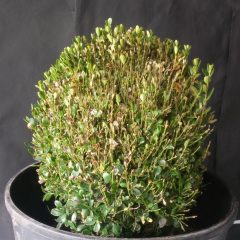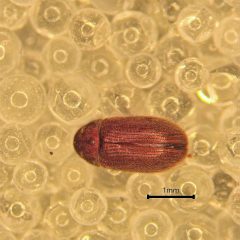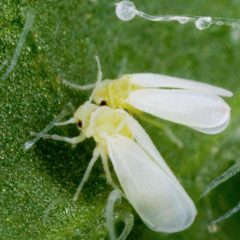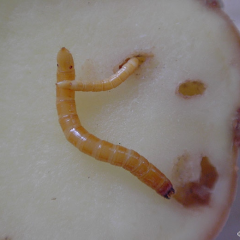Research project Risk analysis of harmful bark and ambrosia beetles in the belgian context
RISK ANALYSIS OF HARMFUL BARK AND AMBROSIA BEETLES IN THE BELGIAN CONTEXT
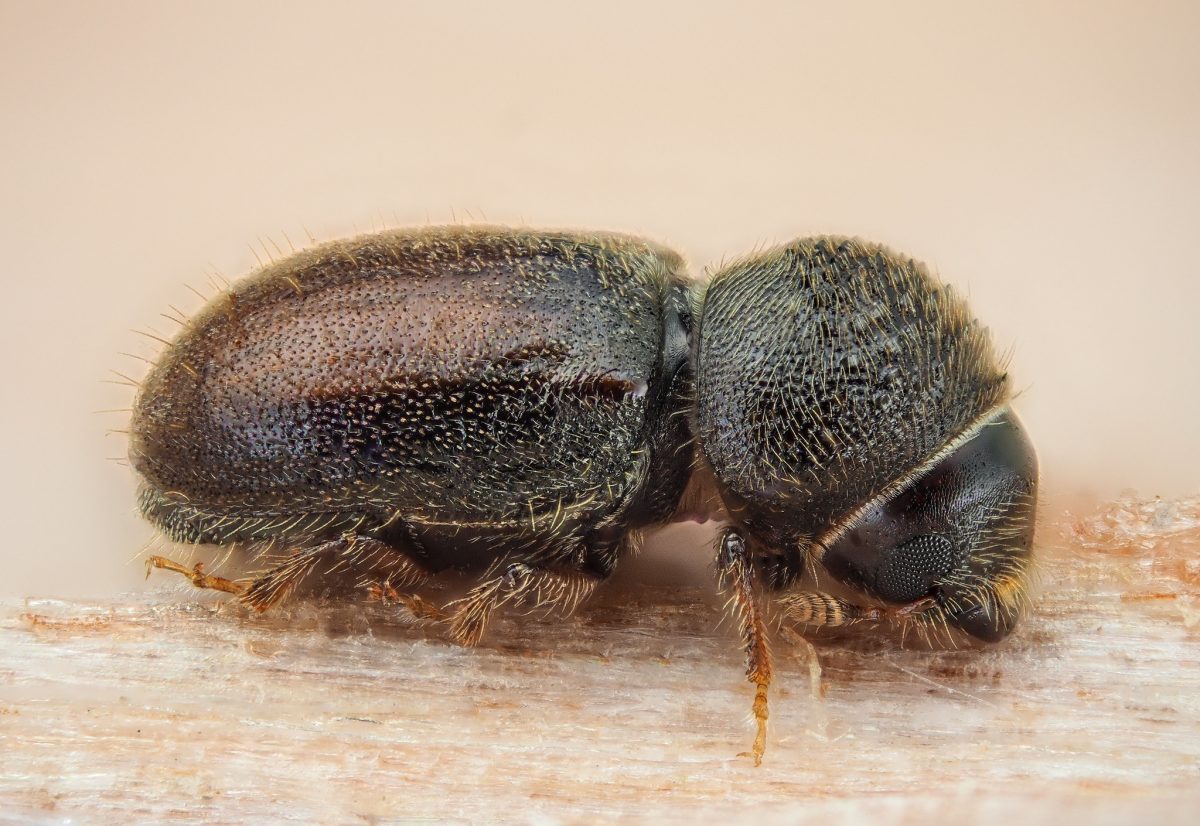
General introduction
This Scolibe project is gathering knowledge on two potentially harmful beetle subfamilies, the bark and ambrosia beetles Scolytinae and Platypodinae, in order to develop a reliable detection and control strategy. These beetles can be very damaging to forests, parks and nurseries, and they can travel from country to country under the bark via wood transport. The question here is which species are most at risk in Belgium and what is their pest status in our country today. The aim is also to know how best to monitor (the arrival of) these beetles in Belgium, so that in case of detection, adequate action can be taken.
Research approach
We prioritize the species of greatest risk for Belgium. Through a categorization according to their climatic requirements, host plants, impact, and possible introduction routes for Belgium, we establish a calculated status of selected Scolytinae and Platypodinae in Belgium. We first identify the most appropriate elements (sites, traps, etc.) to organize continuous monitoring of Scolytinae and Platypodinae species. The aim here is to achieve a very early detection of possible outbreaks and thus prevent the actual introduction of the species. At the same time, we are working on (rapid) detection and identification methods at the species level, and depending on the intercepted growth stages of the beetle. We start the effective monitoring according to the plan, for prevention and early detection. Through the Beware&Note platform, there will also be a citizen science component. We share our accumulated knowledge, networking and toolbox for (rapid) identification of these bark beetles, and thus play our role as National Reference Lab in this matter.
Relevance/Valorization
This project facilitates the drafting of guidelines for bark beetle control measures in practice in Belgium by the supervising authorities. Management measures for the relevant Scolytinae and Platypodinae species can thus be taken immediately upon their detection in Belgium.
Financing
FOD Volksgezondheid, Veiligheid van de voedselketen en Leefmilieu

